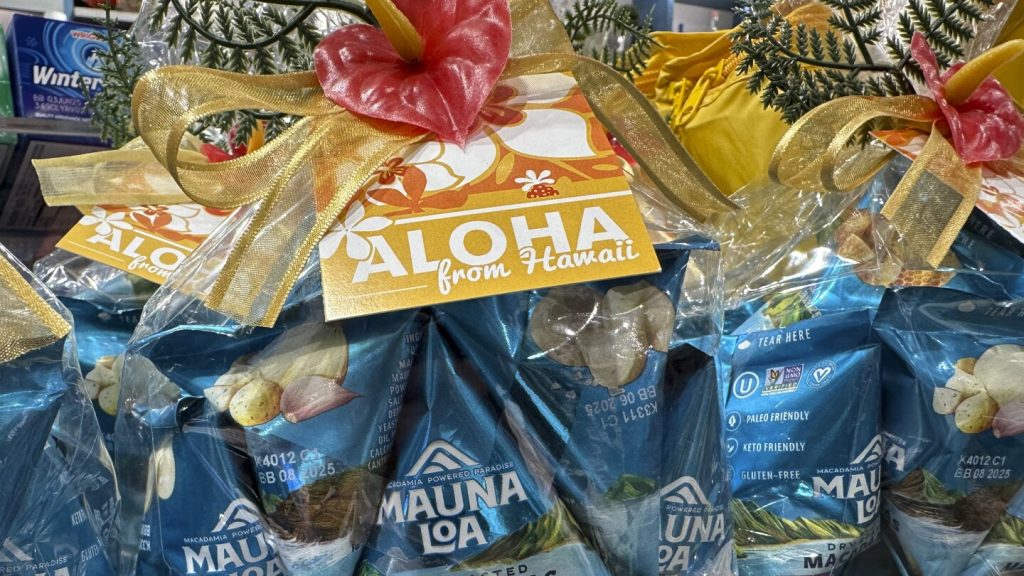Tourists and locals alike have long enjoyed the iconic chocolate-covered macadamia nuts from Hawaii, particularly brands like Hawaiian Host and Mauna Loa. However, a recent legislative proposal has brought to light the fact that many of these nuts may not actually be grown in Hawaii. This has sparked a debate between growers who want more protection for their crops and commercial nut brands who argue for more local processing capacity. The issue of labeling agricultural products from a specific geographic area is not new to Hawaii, with similar disputes over Kona coffee in the past.
With foreign nuts being cleverly marketed as Hawaiian, there is confusion for consumers about the origin of the macadamia nuts they are purchasing. This poses a problem for the local farmers in Hawaii, who are struggling to find buyers for their nuts. The future of many small macadamia nut operations is uncertain, as unharvested nuts fall from trees and growers are unable to sell their produce. Lawmakers are considering a bill that would require packages to disclose whether they contain macadamia nuts from outside of Hawaii, with the hope of protecting local farmers and preserving the integrity of the industry.
The history of macadamia nut cultivation in Hawaii dates back to the late 19th century when the trees were introduced to the islands from Australia. The industry saw significant growth in the mid-20th century with the popularity of chocolate-covered macadamia nuts. However, today, countries like Australia, South Africa, China, and Kenya produce more macadamia nuts than Hawaii. The state’s production has dropped significantly in recent years, leading to concerns among local farmers and industry stakeholders about the future of the macadamia nut industry in Hawaii.
Companies like Hawaiian Host Group, known for their chocolate-covered macadamia nuts, have expressed their commitment to purchasing local nuts as much as possible. They have been paying a premium for Hawaii-grown macadamia nuts, but recognize the need for the industry to increase processing capacity to remain competitive with foreign producers. The proposal for a processing co-op on the Big Island aims to address this issue, but many growers are hesitant to participate without clear labeling requirements that distinguish Hawaii-grown nuts from others in the market.
The comparison is drawn to other regions that have implemented strict labeling requirements to protect the integrity of their agricultural products, such as Vermont maple syrup and Champagne in France. These initiatives have been successful in establishing a strong brand identity and maintaining quality standards for products. Lawmakers in Hawaii are considering similar measures to protect the reputation of Hawaiian macadamia nuts and ensure that consumers are aware of the origin of the nuts they are purchasing. The goal is to support local farmers and preserve the unique agricultural heritage of the islands for generations to come.
Representatives of the macadamia nut industry in Hawaii emphasize the importance of country of origin labeling for maintaining the value and recognition of Hawaii-grown nuts. They argue that consumers are willing to pay a premium for products with a clear geographic identity, as seen in the success of other branded products from specific regions. State lawmakers are under pressure to find a balance between supporting local farmers and promoting economic growth through increased processing capacity. The decision on the labeling legislation will have a significant impact on the future of the macadamia nut industry in Hawaii and the livelihoods of hundreds of farmers across the islands.


